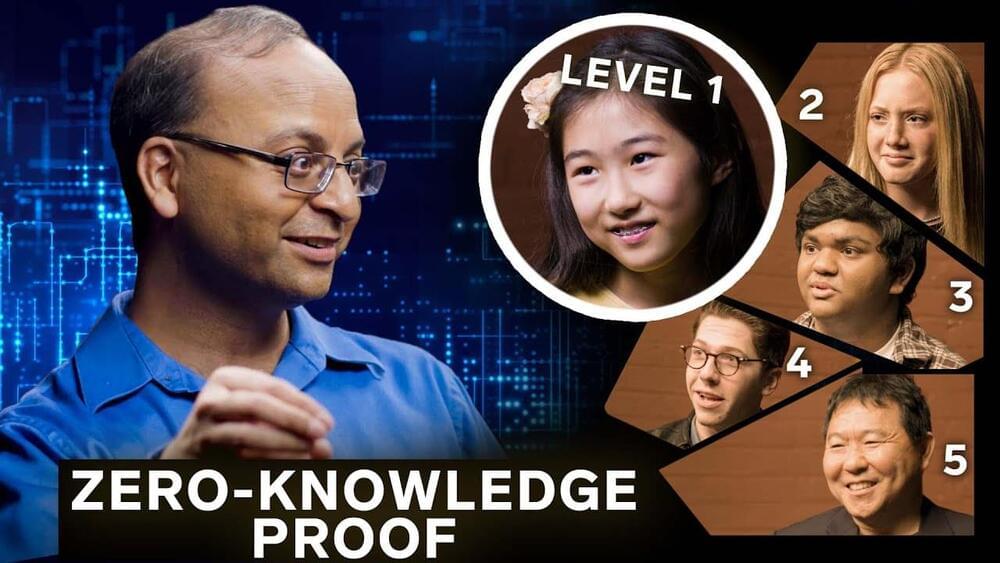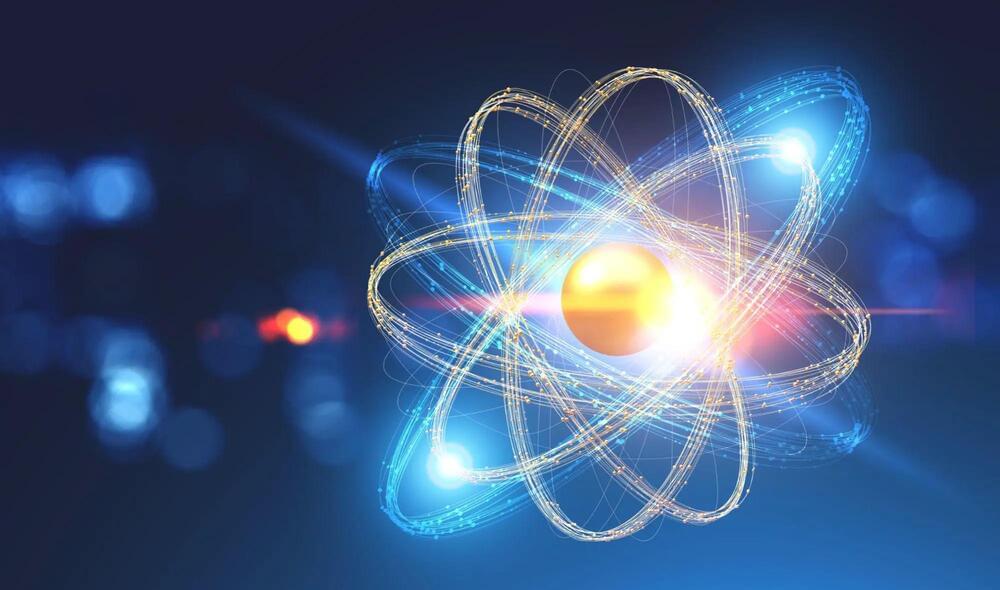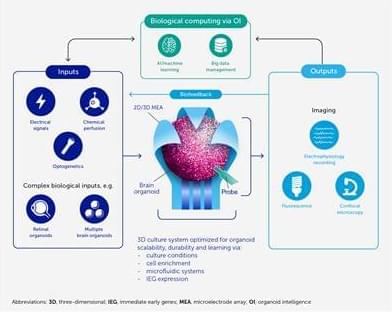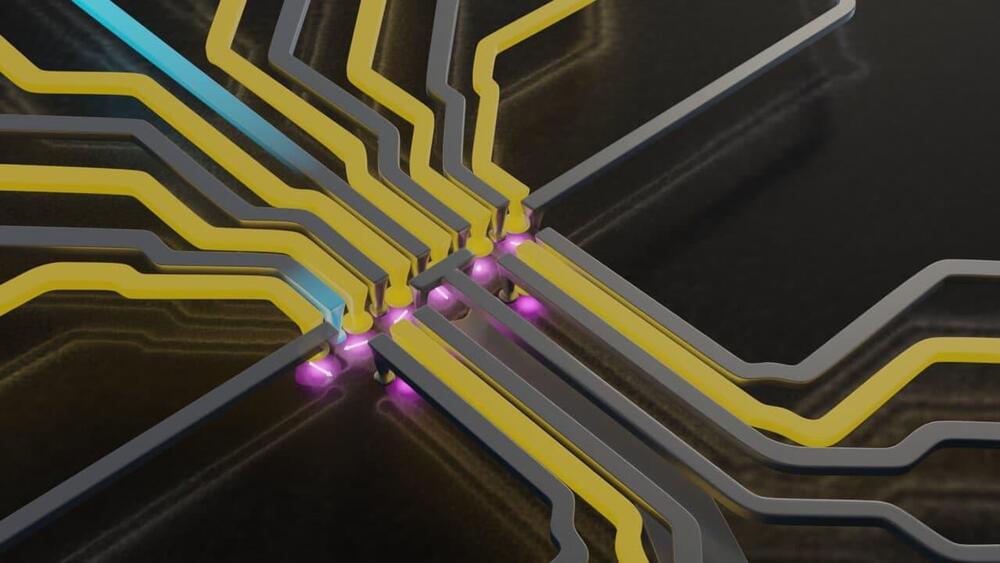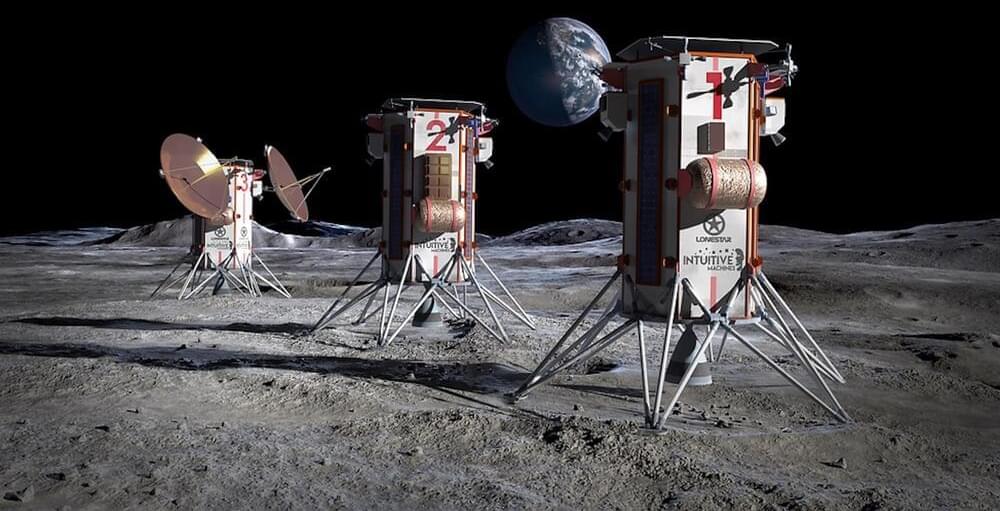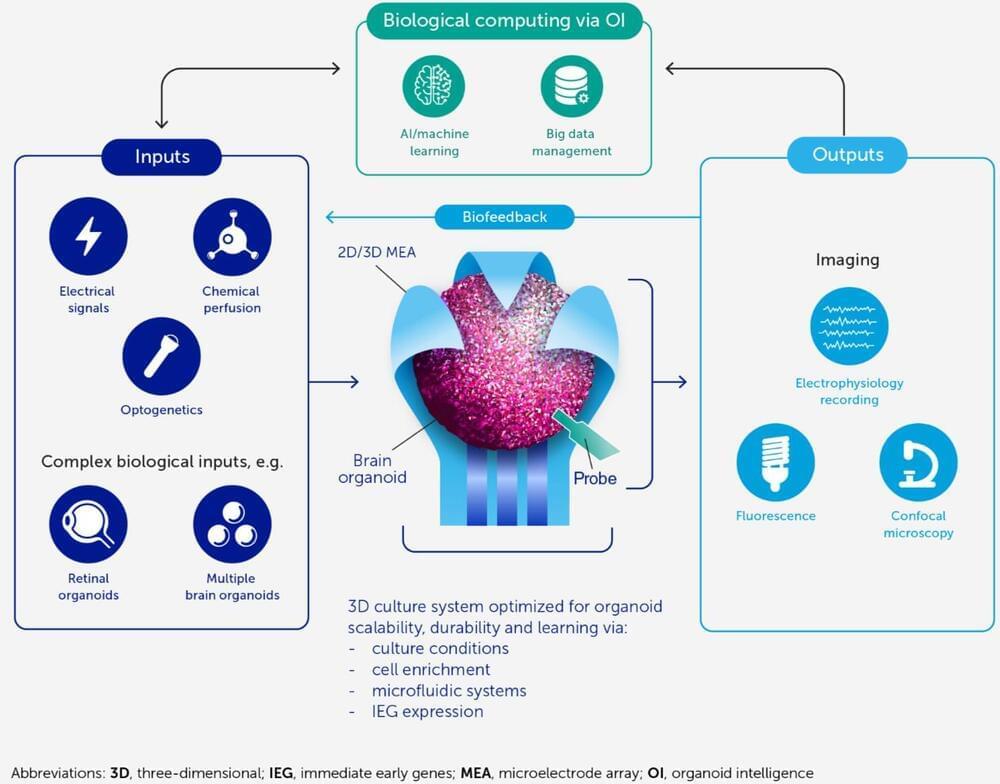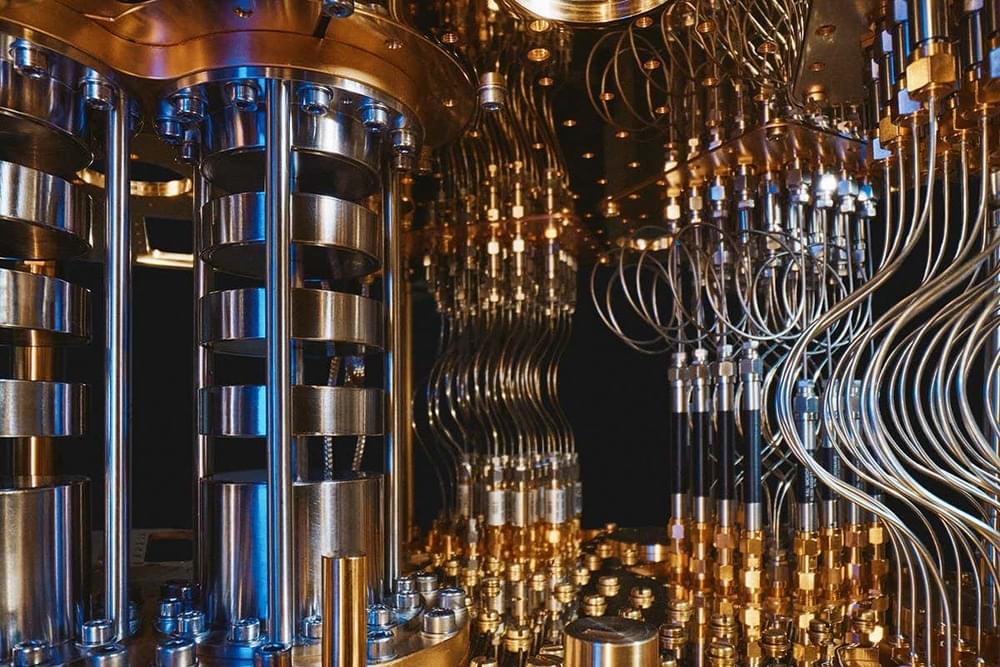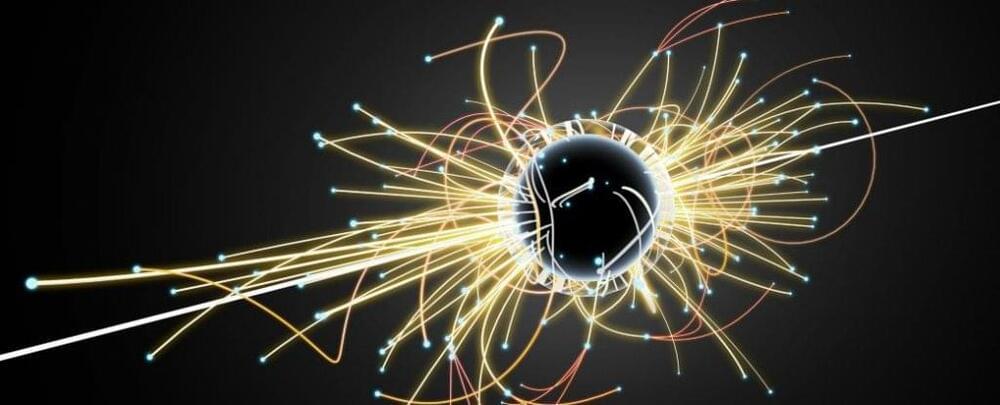
Recycling spent lithium-ion batteries plays a significant role in alleviating the shorting of raw materials and environmental problems. However, recycled materials are deemed inferior to commercial materials, preventing the industry from adopting recycled materials in new batteries.
Now, researchers at Worcester Polytechnic Institute (WPI) in Massachusetts have demonstrated that the recycled materials from used lithium-ion batteries can outperform new commercial materials, making the recycled materials a potentially green and profitable resource for battery producers. Led by Yan Wang, professor in the Department of Mechanical and Materials Engineering, the team of researchers used physical tests, imaging, and computer simulations to compare new cathode materials recovered from old electric vehicle batteries through a recycling process, which is being commercialized by Battery Resourcers Inc. of Worcester.
The technology involved shredding batteries and removing the steel cases, aluminum and copper wires, plastics, and pouch materials for recycling. Researchers then dissolved the metals from those battery bits in an acidic solution. They by tweaking the solution’s pH, the team removed impurities such as iron and copper and recovered over 90% of three key metals – nickel, manganese, and cobalt. The recovered metals formed the basis for the team’s cathode material.

